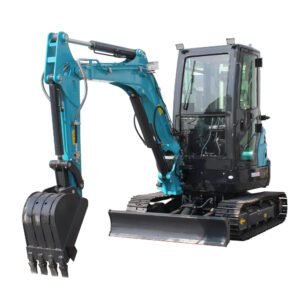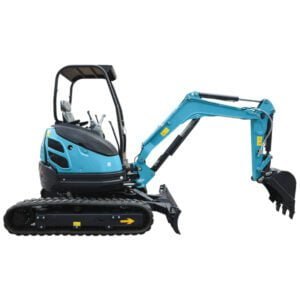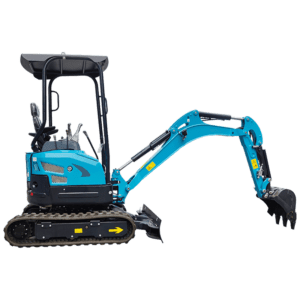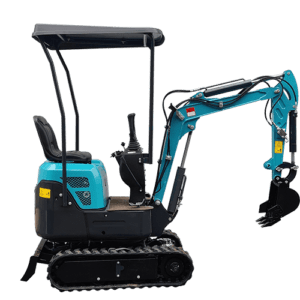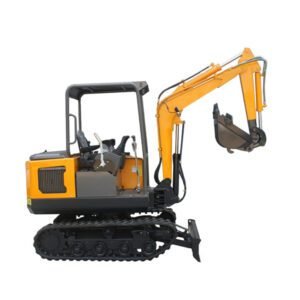Email: [email protected] Whatsapp: 8618266768780
Understanding Mini Excavator Prices: What You Need to Know Before You Buy
Mini excavators are essential tools for a variety of construction, landscaping, and agricultural tasks. As these versatile machines can vary greatly in price, understanding what drives the cost and how to find the best value is crucial for potential buyers. In this comprehensive guide, we delve deep into the world of mini excavator prices, ensuring you have all the information needed to make an informed purchase.
Introduction

Before venturing into the mini excavator market, it’s essential to comprehend the various factors that influence their prices. This introduction section will outline the key elements that affect mini excavator costs and set the stage for a more detailed discussion throughout this blog.
The Basics of Mini Excavators
Mini excavators, often defined by their operating weight of less than 10 tons, are designed for tasks that require mobility and efficiency in tight spaces. They come with different attachments that can be swapped out depending on the job, from digging and grading to drilling and demolishing. Understanding these basics is crucial as they directly relate to the pricing structures you’ll encounter.
Factors Influencing Mini Excavator Prices
Several critical factors play a role in determining the cost of mini excavators. These include:
Size and Power
The size and horsepower of a mini excavator significantly impact its price. Typically, the larger and more powerful the machine, the higher the cost.
Brand and Quality
Well-known brands often command premium prices due to their reputation for quality and reliability. However, lesser-known brands might offer competitive pricing with a similar quality output.
New vs. Used
The decision between buying new or used mini excavators affects price dramatically. New machines offer the latest technology and a warranty but come at higher prices, whereas used machines are more affordable but come with higher risks and potential future costs.
Additional Features and Attachments
Customizations and additional features such as GPS tracking systems, hydraulic thumbs, and various buckets can also add to the cost. The more features and attachments you require, the higher the price.
Cost-Benefit Analysis for Business Owners
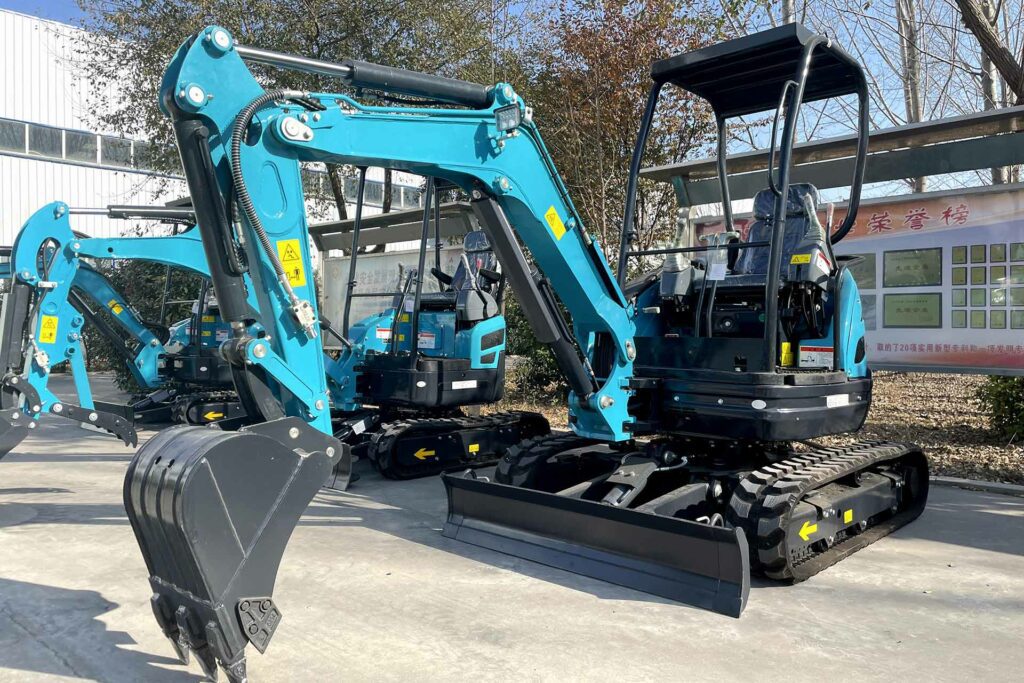
For business owners, purchasing a mini excavator is an investment. Performing a cost-benefit analysis can determine if buying a mini excavator is a financially viable option. This involves comparing the costs of owning and operating the machine against the rental costs and considering the potential revenue generated by having the equipment readily available.
FAQs
What is the average lifespan of a mini excavator?
Typically, a well-maintained mini excavator can last between 7,000 to 10,000 operating hours.
How much should I budget for a new mini excavator?
Prices can range from $30,000 for basic models to over $100,000 for high-end models with all features.
Is it cheaper to rent or buy a mini excavator?
It depends on your usage frequency. For infrequent use, renting may be more cost-effective. For regular use, purchasing could save money in the long run.
What are the hidden costs associated with owning a mini excavator?
Hidden costs can include maintenance, repairs, insurance, and transportation, which can significantly impact the total cost of ownership.
Conclusion
Understanding mini excavator prices involves considering several factors including brand, size, condition, and additional features. By conducting thorough research and considering both your immediate and long-term needs, you can make an informed decision that balances cost with functionality.
Purchasing a mini excavator is a significant investment, and the right choice depends on your specific requirements and budget. Whether you decide to buy new or used, remember that the cheapest option might not always be the best value in the long run. Consider all factors discussed in this guide to navigate the complex market of mini excavators and find the best machine for your needs.
About Us
Shandong Qilu Industrial Co., Ltd. is a professional manufacturer and exporter integrating the development and production of excavators, loaders and tractors. We provide the best service, absolutely.
Recent Posts
Video demo
-1.png)
Contact Us Today!
Any question, quote or inquiry? Click the button to send message.
Qilu Industrial will always here to help.

